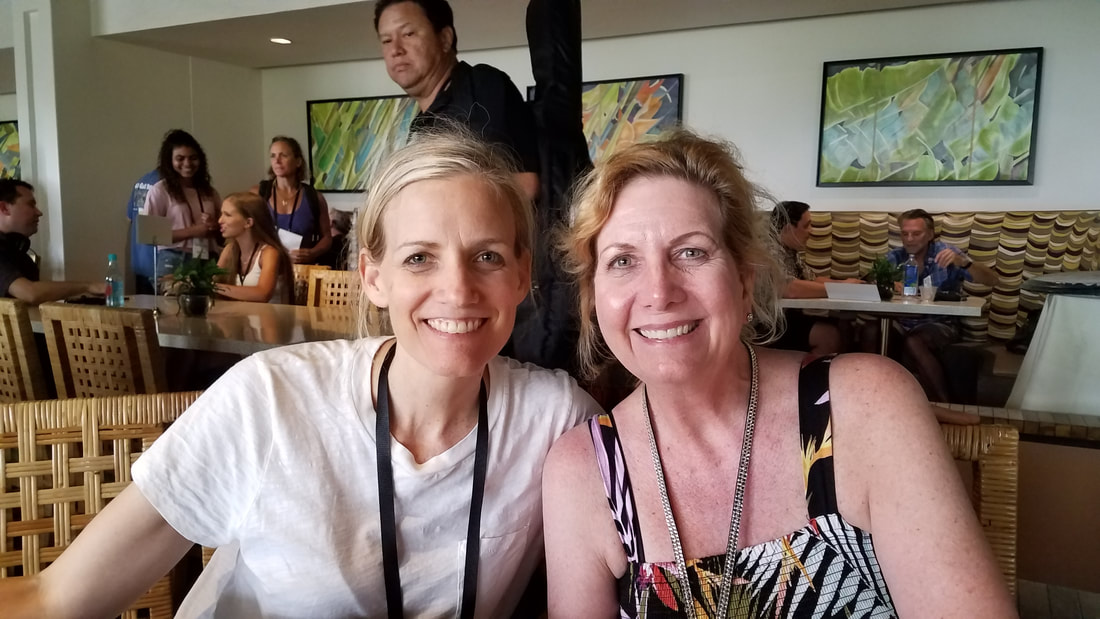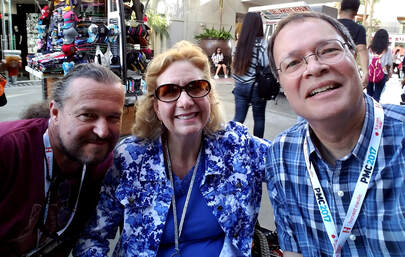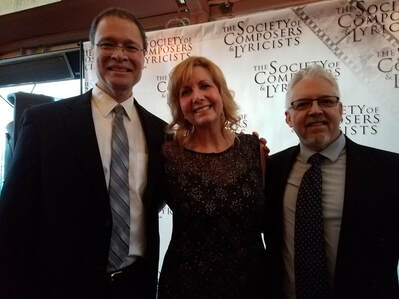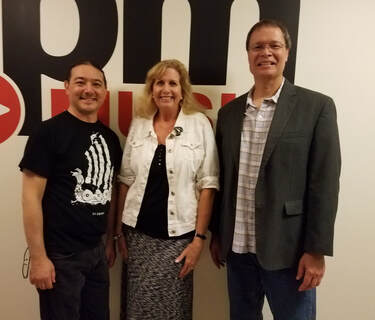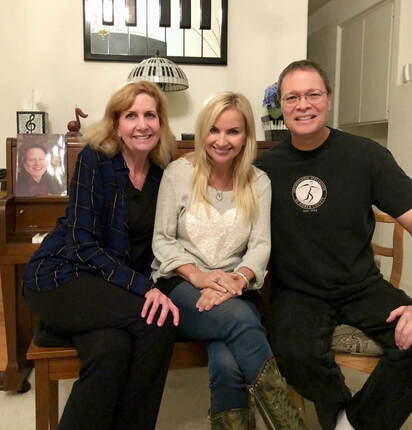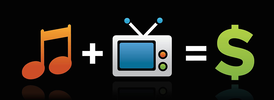Pro Tips - Advice From Sync Music Professionals About
Creating Music
|
Songwriting for me just keeps evolving and re-creating itself. I have natural rhythms and themes and ways of saying things that work themselves out in different ways over and over again. I can’t say what makes one song more brilliant than another it just seems to be all the elements that came together when I wrote it, the patience and hard work to see it through and the resonance on the other end.
—Katie Herzig, Artist, Songwriter, Producer |
Most importantly, music written for sync should work as a piece of music. That means, pay attention to structure: a beginning middle, end. Some of the pieces we reject start out fine then don’t go anywhere.
—Michael A. Levine, Curator, Mpath
—Michael A. Levine, Curator, Mpath
Everyone has their fortes. You might be a phenomenal orchestral composer, but, perhaps for six months, the only thing anyone wants is trap music. You can try to write some trap, but it probably won't sound authentic because you haven't studied the music for years like you have orchestral music.
—Derek Jones, Director of Creative Services, Megatrax Production Music
—Derek Jones, Director of Creative Services, Megatrax Production Music
Music does not need to be complex to communicate emotion. Stay with one mood and keep your arrangements interesting by adding and subtracting elements. Be mindful that key changes can be problematic for music editors who might piece together various sections of your music. Research and study the music on various top-tier music libraries to stay competitive.
—Brian Thomas Curtin, Composer/Songwriter, Eaglestone Music
—Brian Thomas Curtin, Composer/Songwriter, Eaglestone Music
After messing around in rock/pop bands in high school I studied music in college to learn the “right” way to compose, and was briefly disappointed when they told me there is no right way. I came to realize that tapping into the sum total of one’s personal history, both in music and life, is the “right” way to compose. I gave myself permission to write whatever trite, cockamamie thing that came to me and eventually it got good.
—Gerard K. Marino, Composer
—Gerard K. Marino, Composer
|
Finding your voice as a composer takes years to figure out. Stop trying to be John Williams. If they wanted John Williams they’d hire John Williams. You have to go through that process to figure out what you’re good at. Imitation is a stepping stone. Once you can let go of that, you’ve found your voice.
—Steve Barden, Composer/Author |
“Dated” is not a dirty word in sync because music is frequently used to locate a scene in time and place. Genre-specific writing helps with that.
—Lisa Aschmann, Songwriter/Author, Nashville Geographic
—Lisa Aschmann, Songwriter/Author, Nashville Geographic
It’s important in any line of business that you find your community. It’s good to find and get to know people in your area and beyond, that are creative like you. Collaboration is how you find your tribe, how you learn to write better songs and it’s much more fun than sitting in a room by yourself. I thrive off the collaborative energy in a writing room, you each have different skills and influences to throw into the melting pot and even after it’s written you have that collective energy in finding a home for it
—Pamela Sheyne, Songwriter/Singer/Mentor & Co-Founder of SongWriterCamps
—Pamela Sheyne, Songwriter/Singer/Mentor & Co-Founder of SongWriterCamps
Music written for sync is supplying the emotional subtext for the visual. Focus on the feeling you are conveying with your music and remember that it needs to support the dialog and not distract from it. To hear what works, watch various visual media and listen to how the music is used with picture.
—Brian Thomas Curtin, Composer/Songwriter, Eaglestone Music
—Brian Thomas Curtin, Composer/Songwriter, Eaglestone Music
I personally use writing production music to explore the capabilities of new software. If I have a new sample library, synth, or plug-in, it goes in the next track—as long as it makes musical sense. I was recently doing an album with my brother, Sam Levine. Just as we were getting started, Cinesamples released Soundscapes, a musical sound-design program developed from violin sessions I did years ago. Guess what program is on every track?
—Michael A. Levine, Curator, Mpath
—Michael A. Levine, Curator, Mpath
|
The best collaborations happen when you are working with people you trust to be open and share ideas freely. It’s important for all parties to know that their ideas will be respected, encouraged, and protected. As collaborators it is our responsibility to be sure we enable our creative partners to bring their best energies forward and be willing to care enough to push through any plateau.
—Nitanee Paris, Award-winning Songwriter, Partner/Director of A&R, ArtistMax |
Ideas can pass through so quickly you can barely catch them, so having recording tools to capture those moments helps me find the gold to work with.
—Katie Herzig, Artist, Songwriter, Producer
—Katie Herzig, Artist, Songwriter, Producer
I think it's important to understand what the purpose of the piece of music you are writing is going to be...is it underscore, source music, a trailer or promo?
—Matt Hirt, Composer/Songwriter/Producer, Co-owner Catapult Music
—Matt Hirt, Composer/Songwriter/Producer, Co-owner Catapult Music
Nothing beats having a good ear for music and learning by doing. However, the right instructor can really be a time saver by helping you develop the skillsets that will increase your understanding of the creative, technological and business aspects of the industry.
—Brian Thomas Curtin, Composer/Songwriter, Eaglestone Music
—Brian Thomas Curtin, Composer/Songwriter, Eaglestone Music
HEY! THAT'S MY SONG!
A Guide to Getting Music Placements in Film, TV, and Media
TRACEY MARINO and VANCE MARINO
To Contact or for More Information, click HERE
A Guide to Getting Music Placements in Film, TV, and Media
TRACEY MARINO and VANCE MARINO
To Contact or for More Information, click HERE
© 2021-2024 Tracey & Vance Marino
SongMaker Production
All material copyrighted or used
with permission. All rights reserved.
SongMaker Production
All material copyrighted or used
with permission. All rights reserved.

